On October 30, China reacted strongly after the European Commission (EC) announced the final results of its anti-subsidy investigation into its electric vehicles.
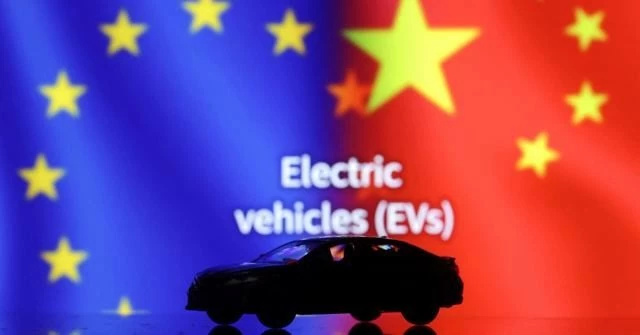 |
| The EU will impose new tariffs of up to 35.3%, in addition to the current 10% tariff on electric vehicles imported from China. (Source: Reuters) |
A spokesperson for the Chinese Ministry of Commerce said that China has repeatedly pointed out that the investigation conducted by the European Union (EU) has many unreasonable points, is not in accordance with regulations, and is an act of protectionism under the name of "fair competition".
Beijing disagreed with and did not accept this ruling and brought the case to the World Trade Organization (WTO). At the same time, it will continue to apply all necessary measures to protect the legitimate rights and interests of its enterprises.
China's Ministry of Commerce spokesman added that the country also noted that the European side expressed that it would continue to negotiate on price commitments.
Beijing advocates resolving trade disputes through dialogue and negotiation.
The Chinese Chamber of Commerce in the EU also expressed deep disappointment at the bloc's "protectionist" and "arbitrary" measures, and was concerned about the lack of significant progress in talks to find an alternative to tariffs.
Earlier, on October 29, the 27-member bloc agreed to impose additional tariffs on electric vehicles imported from China after talks with Beijing failed to reach a deal to end the impasse.
In its final decision published today, the EC confirmed that the EU will impose a new tariff of up to 35.3%, in addition to the current 10% tariff on electric vehicles imported from China.
Specifically, the tax on Chinese electric vehicle makers will be 17% for BYD vehicles, 18.8% for Geely vehicles and 35.3% for state-owned SAIC. Geely has brands including Polestar and Sweden's Volvo, while SAIC owns Britain's MG, one of Europe's best-selling electric car brands.
The EC said the anti-dumping duties were necessary to counter unfair subsidies by the world's second-largest economy, including financial incentives, land, batteries and raw materials sold below market prices.
According to the EC, China's excess production capacity is estimated at 3 million EVs per year, twice the size of the EU market.
Source: https://baoquocte.vn/trung-quoc-eu-tinh-hinh-them-cang-bac-kinh-phan-ung-manh-ban-tin-den-wto-291928.html




![[Photo] Closing of the 11th Conference of the 13th Central Committee of the Communist Party of Vietnam](https://vstatic.vietnam.vn/vietnam/resource/IMAGE/2025/4/12/114b57fe6e9b4814a5ddfacf6dfe5b7f)
![[Photo] Overcoming all difficulties, speeding up construction progress of Hoa Binh Hydropower Plant Expansion Project](https://vstatic.vietnam.vn/vietnam/resource/IMAGE/2025/4/12/bff04b551e98484c84d74c8faa3526e0)


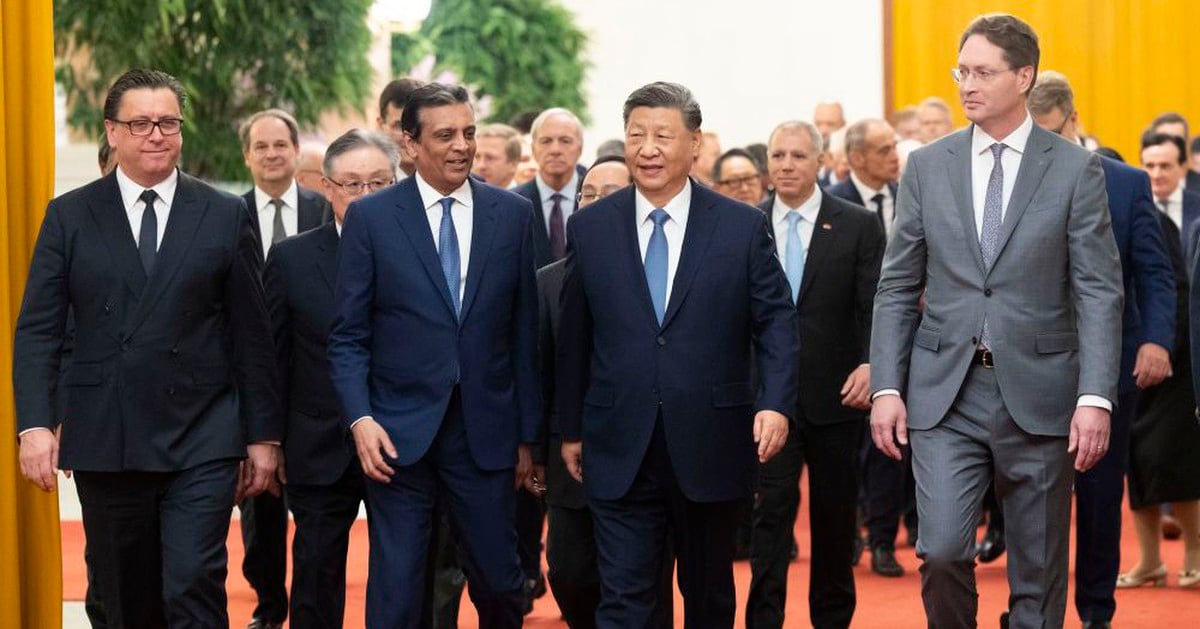



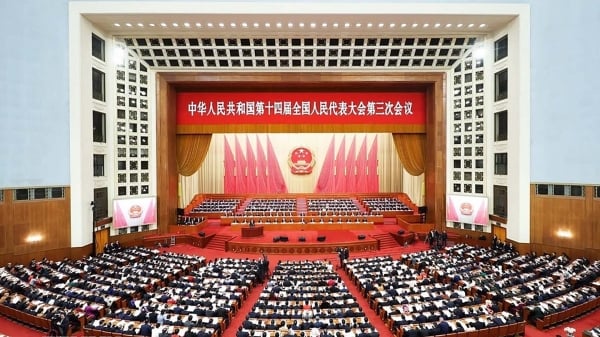
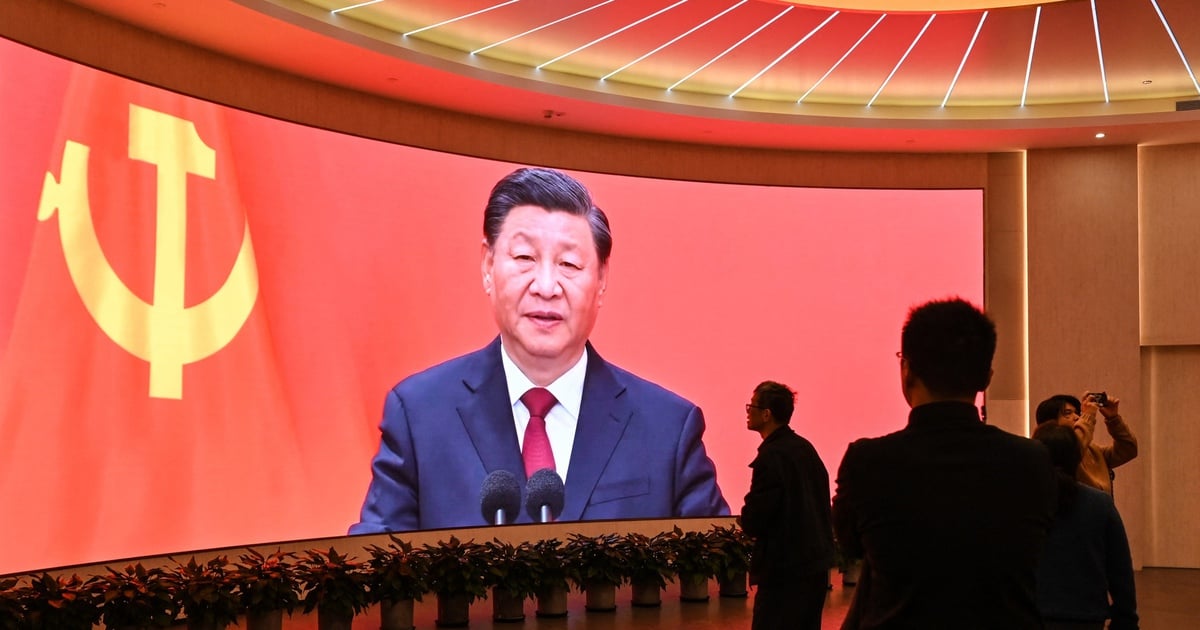

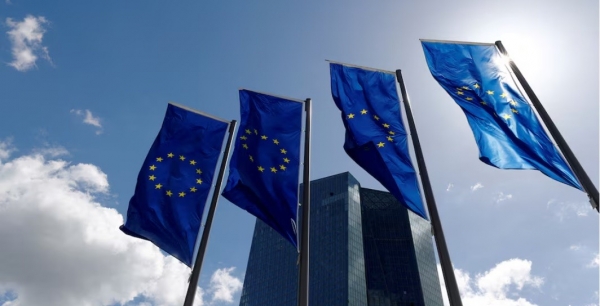
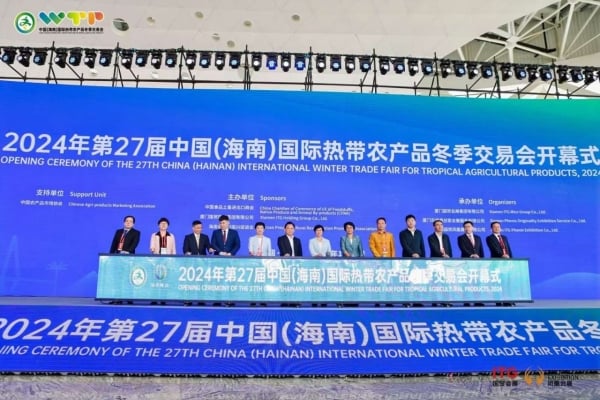
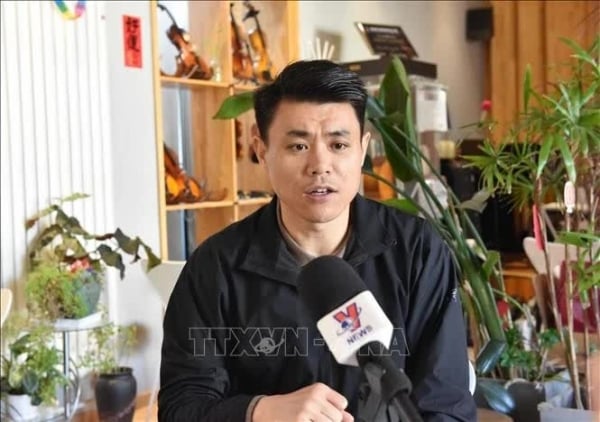

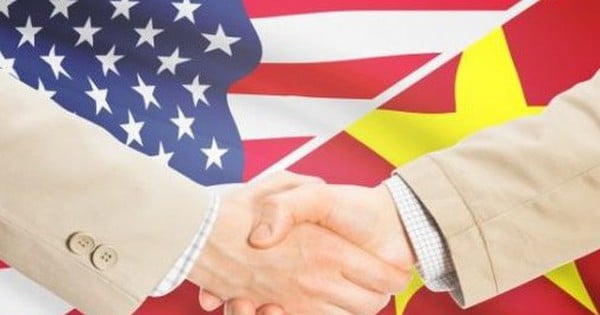
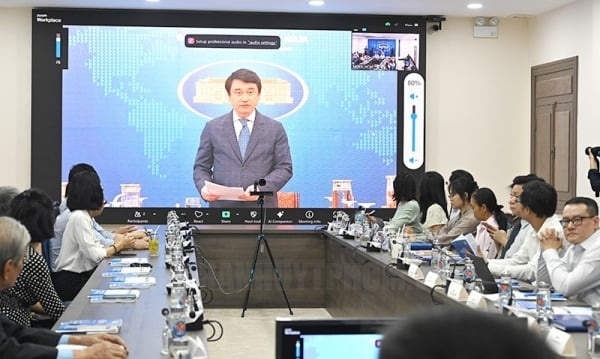

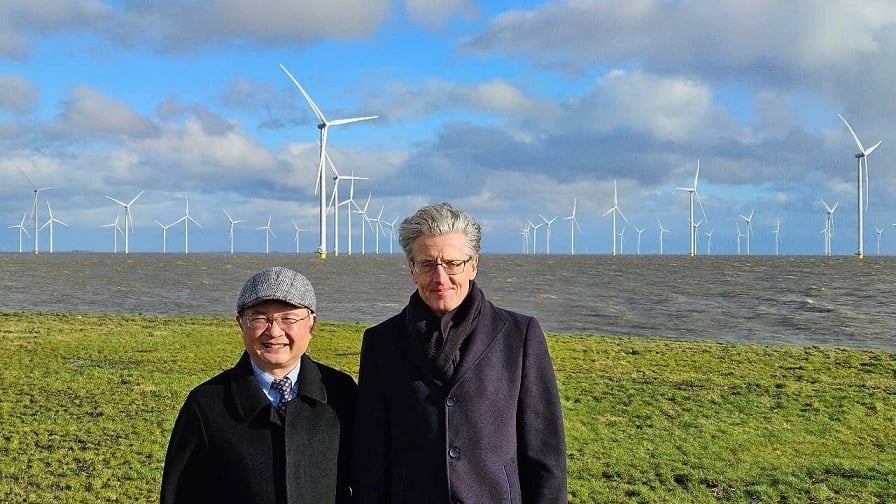



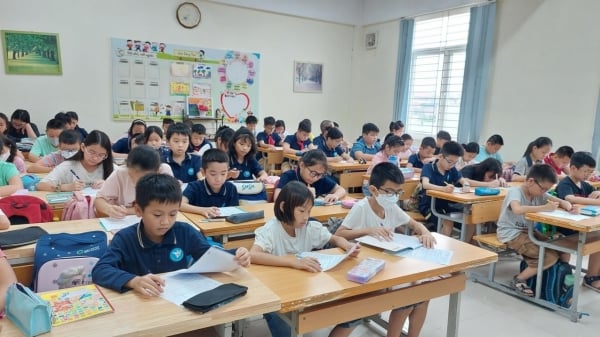


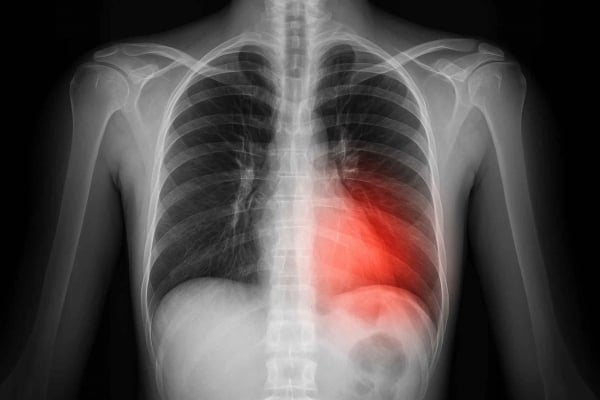

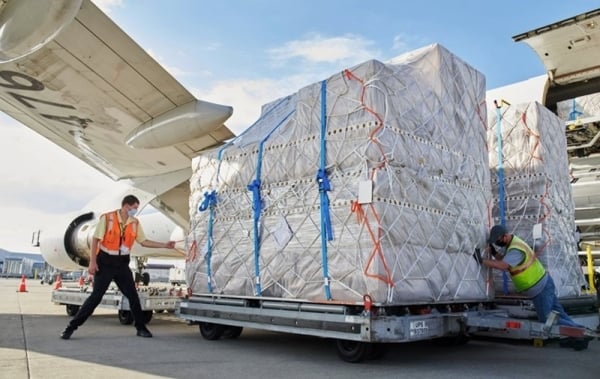

















































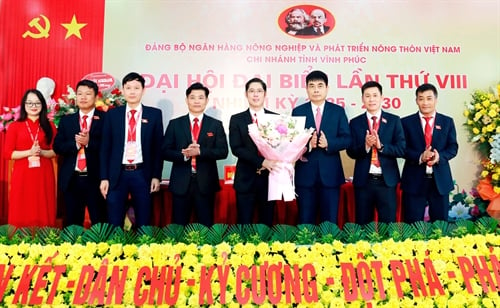












Comment (0)